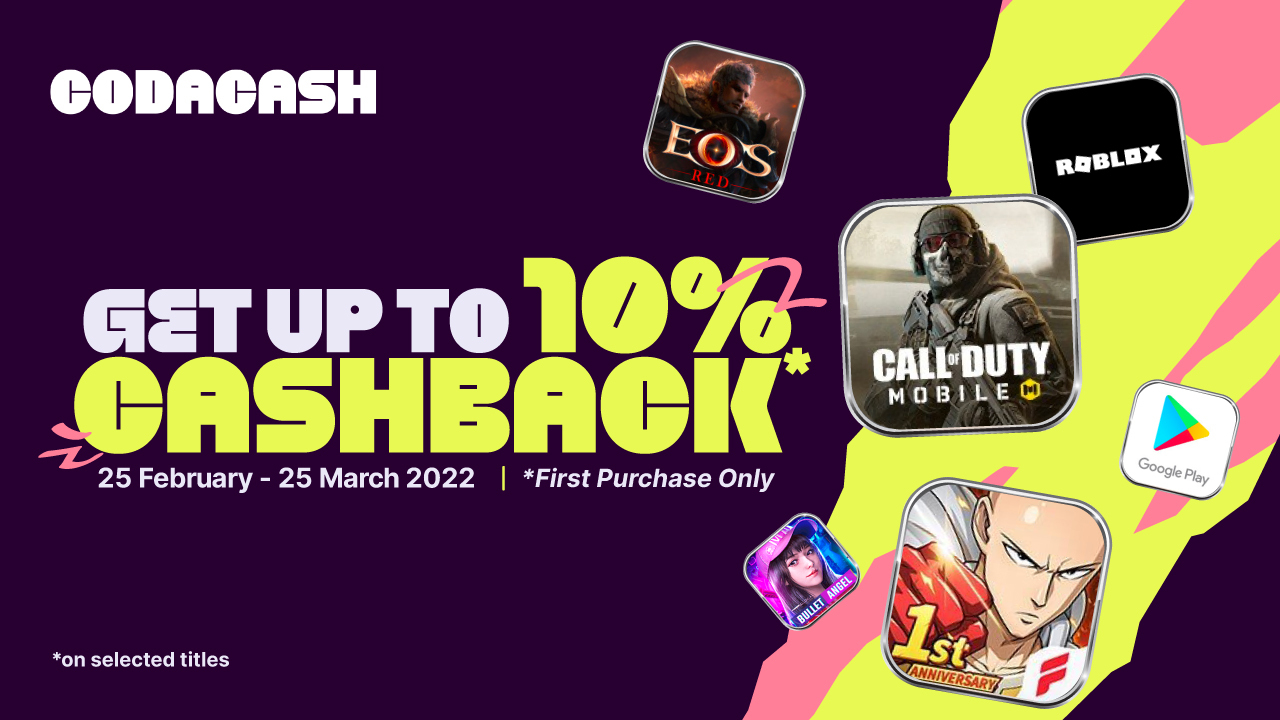Disadvantages of Time-Limited Cashback Promotions
In a world driven by consumerism and instant gratification, cashback promotions have emerged as a popular marketing strategy. Retailers and service providers often offer these incentives to entice customers into making purchases. However, time-limited cashback promotions, while seemingly beneficial, can come with significant drawbacks for both consumers and businesses alike. This article explores the disadvantages of such promotions, shedding light on their implications in a market that is increasingly competitive and saturated in 999.
The Pressure of Urgency

One of the most significant disadvantages of time-limited cashback promotions is the pressure of urgency they create. These promotions typically come with a ticking clock, encouraging consumers to make quick purchasing decisions without fully considering their options.
Impulse Buying Behavior
The fear of missing out (FOMO) drives many consumers to purchase products they might not need. When faced with a limited-time offer, shoppers may feel compelled to act quickly, leading to impulse buys. While this can lead to short-term gains for retailers, it may also result in long-term dissatisfaction for consumers who realize post-purchase that the item was unnecessary.
Not only does this behavior affect individual consumers, but it can also skew sales data for businesses. They may mistakenly believe that they have a highly engaged customer base when, in reality, many transactions are motivated purely by the fear of losing out on a temporary deal.
Compromised Decision-Making
When consumers rush to take advantage of time-limited offers, their decision-making capabilities often suffer. Instead of weighing the pros and cons or conducting proper research, they are more likely to choose based on urgency alone.
This could lead to poor purchasing choices, which might necessitate returns or exchanges. Businesses may face increased operational costs associated with handling these returns, negating some of the profits gained through the promotion. Additionally, negative experiences can tarnish a brand’s reputation, making consumers wary of future offers.
Stress and Anxiety
The pressure created by time-limited promotions can also be mentally taxing for consumers. Constantly checking the countdown timer and feeling rushed to make a decision can lead to stress and anxiety. This emotional strain can overshadow the joy of shopping, turning what should be an enjoyable experience into a source of discomfort.
Moreover, the psychological impact of these promotions can shape consumer habits in the long run. Individuals may become conditioned to rush their decisions, diminishing their ability to thoughtfully consider purchases. This shift in behavior can hinder their overall shopping satisfaction and loyalty to a brand.
See more: in999
Potential for Misleading Information

Another pressing disadvantage of time-limited cashback promotions is the potential for misleading information. In efforts to attract customers, businesses may exaggerate the benefits of their offers.
Hidden Terms and Conditions
Many cashback promotions come with fine print that outlines specific terms and conditions. Consumers may overlook these details in their haste to take advantage of the offer, only to find out later that the requirement to qualify for cashback is more complicated than initially presented.
For example, a promotion might require purchasing a minimum number of items or specify particular product categories that are eligible for cashback. Such hidden stipulations can lead to frustration and disappointment, ultimately damaging the relationship between the customer and the brand.
Overstated Savings
Companies often advertise substantial savings through cashback promotions, but these figures can be misleading. Some businesses may inflate the original price of an item to make the discount appear larger than it truly is, creating a false sense of value for consumers.
When customers discover that they did not save as much as they anticipated, their trust in the retailer diminishes. This distrust can lead to lost sales in the future as consumers become more skeptical of promotional claims.
Lack of Transparency
Transparency is crucial for building lasting relationships between brands and consumers. Unfortunately, the nature of time-limited cashback promotions can sometimes obscure the truth behind the deals being offered.
Brands that fail to clearly communicate the full scope of their promotions risk alienating their customer base. If consumers feel manipulated or misled, they may seek alternatives, shifting their loyalty to competitors who prioritize transparency and candor.
Short-Term Gains Versus Long-Term Relationships
While time-limited cashback promotions may drive immediate sales, they often come at the cost of fostering meaningful, long-term relationships with customers.
Transactional Mindset
Cashback promotions can create a transactional mindset among consumers. When individuals perceive themselves as buyers seeking the best deal, they may become less invested in the brand or its values.
This detachment can lead to decreased brand loyalty, as customers will invariably chase the next enticing promotion rather than forming a deeper connection with the retailer. Building a loyal customer base requires consistent engagement and relationship-building, which can be undermined by fleeting promotional tactics.
Erosion of Brand Value
Over-reliance on time-limited cashback promotions can inadvertently erode a brand’s perceived value. When customers begin to associate a brand solely with discounts, they may undervalue the actual quality of the products or services offered.
A brand that frequently engages in deep discounting may struggle to maintain pricing integrity, ultimately impacting profit margins. In the long run, this erosion of perceived value can prevent brands from reaching their full potential in a competitive marketplace.
Negative Impact on Customer Experience
Time-limited promotions can lead to shorter, transactional interactions between consumers and brands, diminishing the overall customer experience. Instead of taking the time to engage with their audience, brands may focus primarily on incentivizing purchases through discounts.
This shift can lead to missed opportunities for genuine connections with customers. Meaningful engagement—through personalized communication, exceptional service, and authentic interactions—becomes sidelined in favor of quick wins. Ultimately, this can negatively impact customer satisfaction and retention rates.
Unsustainable Business Practices
Frequent reliance on time-limited cashback promotions can create unsustainable business practices that threaten the long-term viability of companies.
Reduced Profit Margins
As businesses continually offer cashback incentives, they may unintentionally chip away at their profit margins. While immediate sales spikes may be observed, the long-term financial health of the company can be jeopardized if profit margins dwindle due to constant discounting.
Businesses must strike a balance between attracting customers and maintaining profitability. A singular focus on short-term gains can lead to financial instability and hinder investments in growth initiatives.
Impact on Supply Chain Operations
The surge in demand triggered by time-limited cashback promotions can place immense strain on supply chain operations. Companies may struggle to fulfill orders in a timely manner, leading to delays and customer dissatisfaction.
Inadequate inventory management can result in stockouts, forcing businesses to scramble to restock or manage backorders. Poorly executed promotions can damage a brand’s reputation, causing long-lasting ramifications in terms of customer loyalty.
Dilution of Marketing Strategy
Relying too heavily on time-limited cashback promotions can dilute a brand’s broader marketing strategy. Frequent promotions may overshadow more valuable messaging about product quality and brand identity.
Effective marketing encompasses storytelling, emotional appeal, and brand positioning. By leaning too much on monetary incentives, brands risk losing sight of their unique value propositions, potentially alienating target audiences who prioritize authenticity over discounts.
FAQs
What are time-limited cashback promotions?
Time-limited cashback promotions are marketing strategies where retailers or service providers offer cashbacks on purchases made within a specified timeframe.
Do cashback promotions benefit consumers?
While cashback promotions can provide immediate financial benefits, they may also lead consumers to make impulsive purchases or overlook essential terms and conditions.
Can cashback promotions harm businesses?
Yes, excessive reliance on cashback promotions can lead to reduced profit margins, strained supply chains, and a diluted brand identity.
How can consumers avoid pitfalls associated with cashback promotions?
Consumers can mitigate risks by thoroughly reading the terms and conditions, researching products before buying, and avoiding impulse purchases driven by urgency.
Are there alternatives to cashback promotions for brands?
Yes, brands can explore various marketing strategies such as loyalty programs, bundled offers, or personalized promotions that focus on building long-term customer relationships without sacrificing value.
Conclusion
Time-limited cashback promotions may seem like an attractive opportunity for consumers and businesses alike. However, a closer examination reveals the numerous disadvantages that accompany these strategies. From creating undue pressure on consumers to inducing poor purchasing decisions, and from diluting a brand’s value to posing challenges for sustainable business practices, the drawbacks are significant.
Ultimately, it’s crucial for both consumers and businesses to recognize these potential pitfalls. By prioritizing thoughtful purchasing behaviors and investing in long-term marketing strategies that foster genuine customer relationships, companies can achieve success in ways that go beyond mere discounts. In a competitive marketplace, sustaining brand loyalty and delivering high-quality experiences will always hold greater importance than fleeting promotional tactics.


